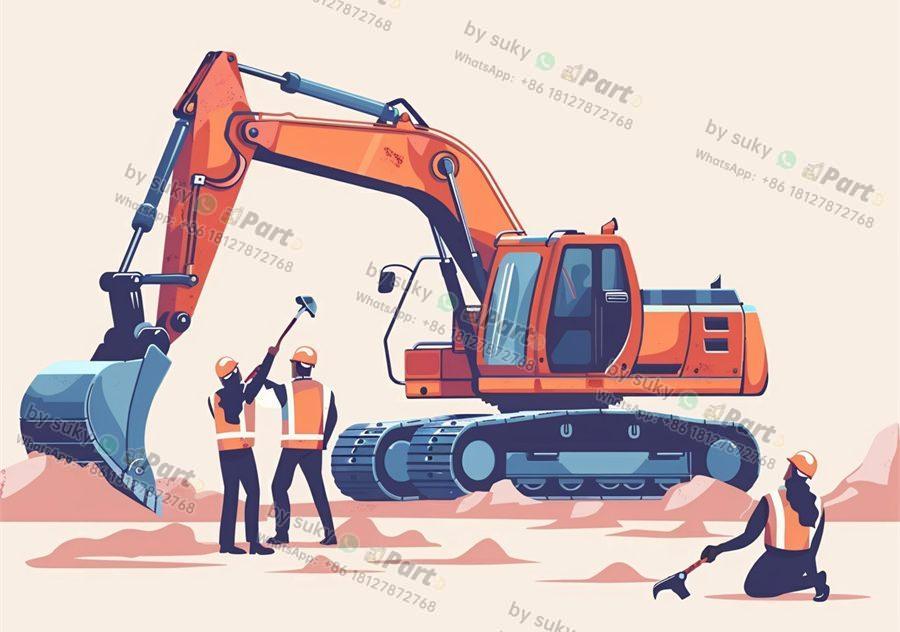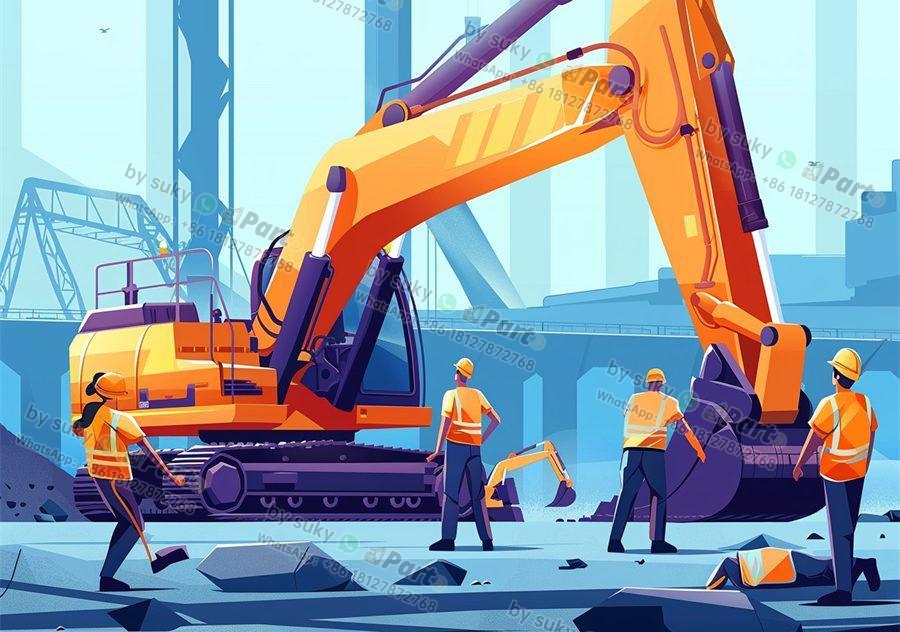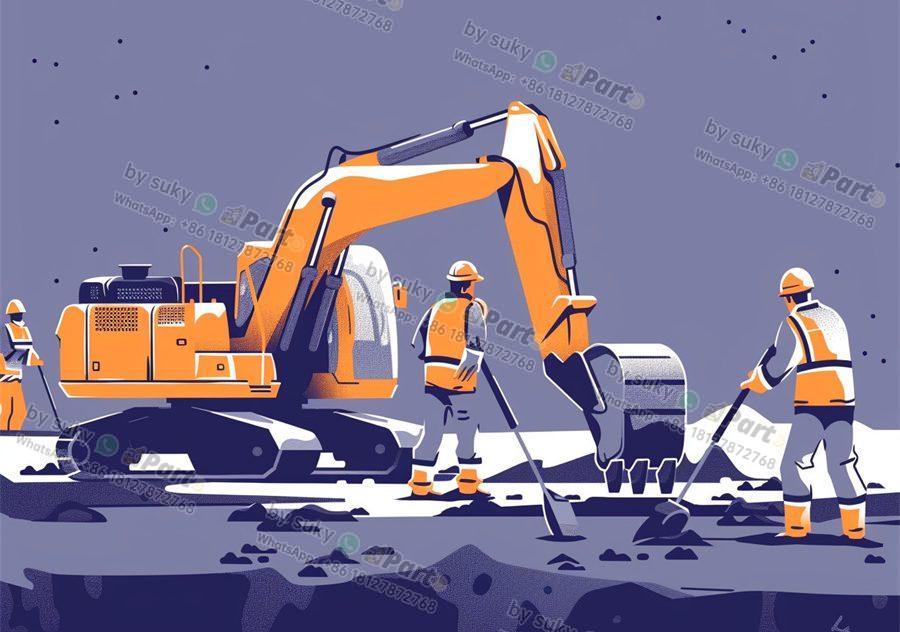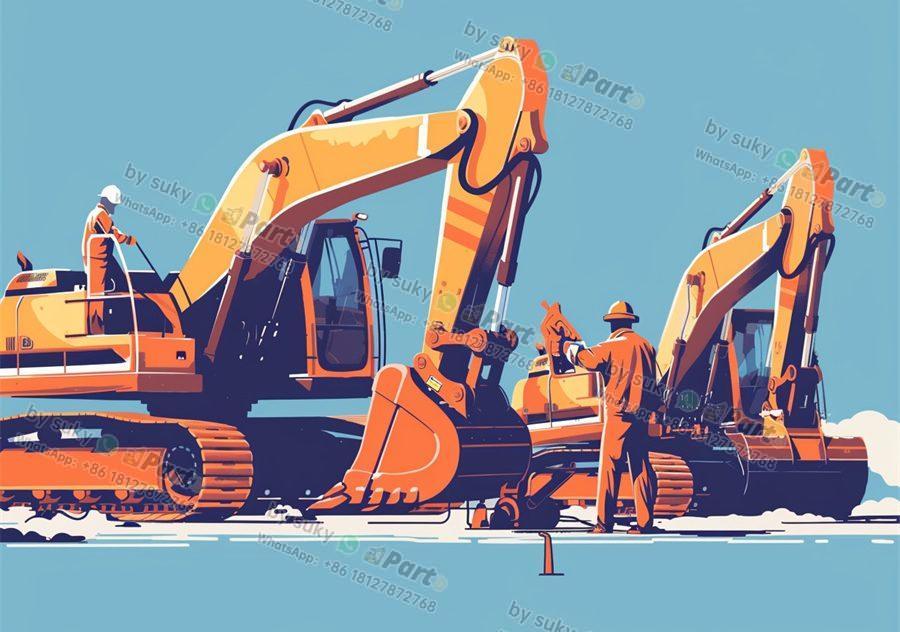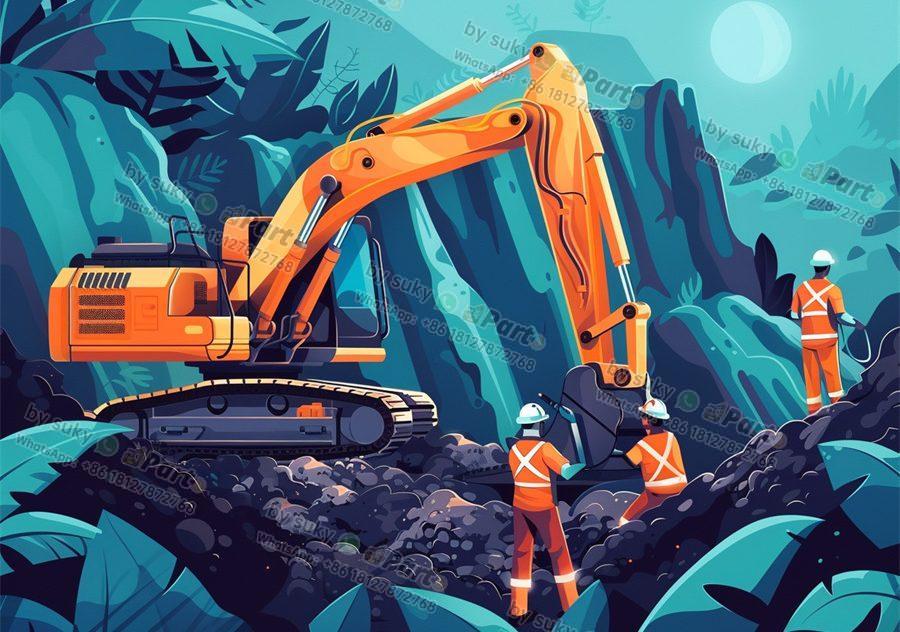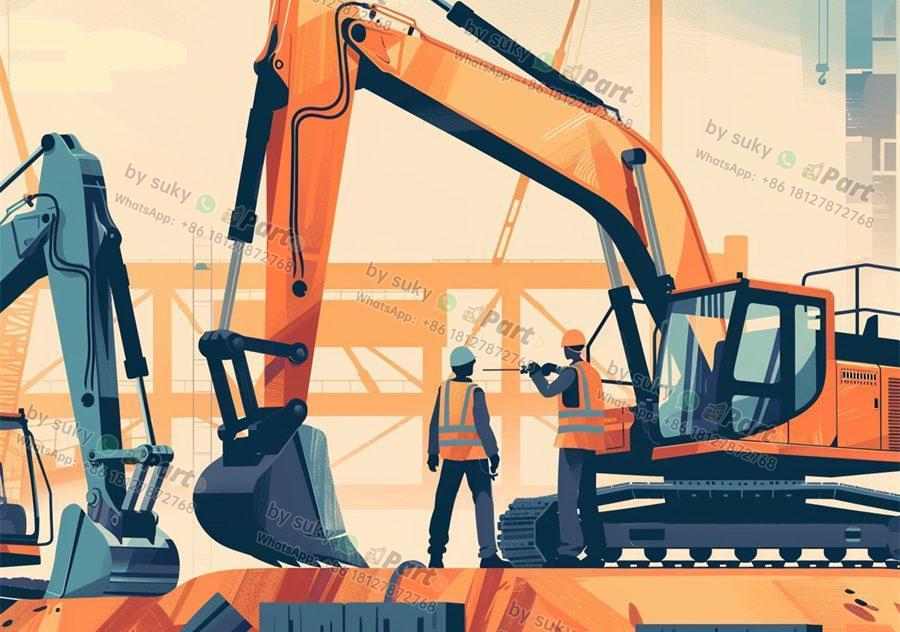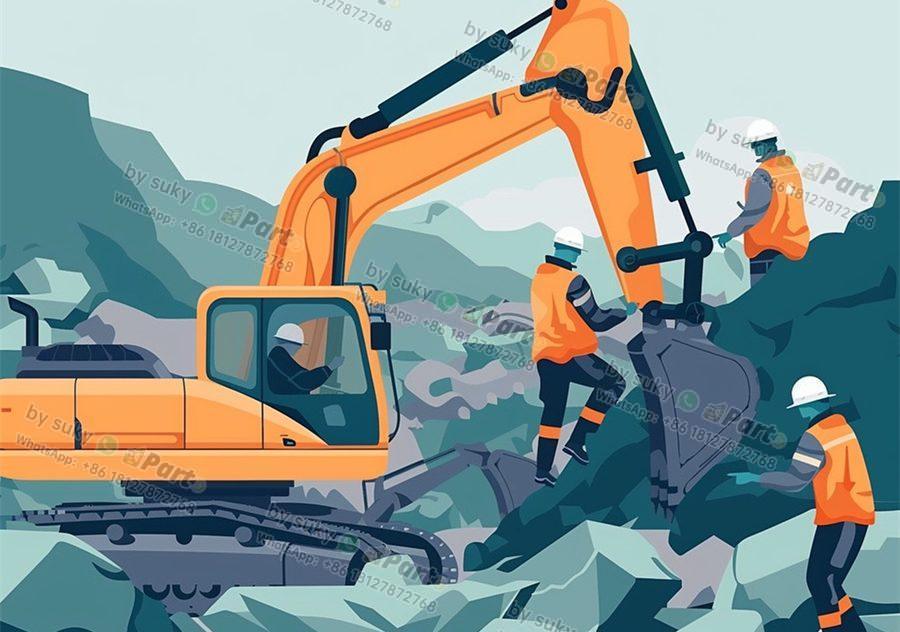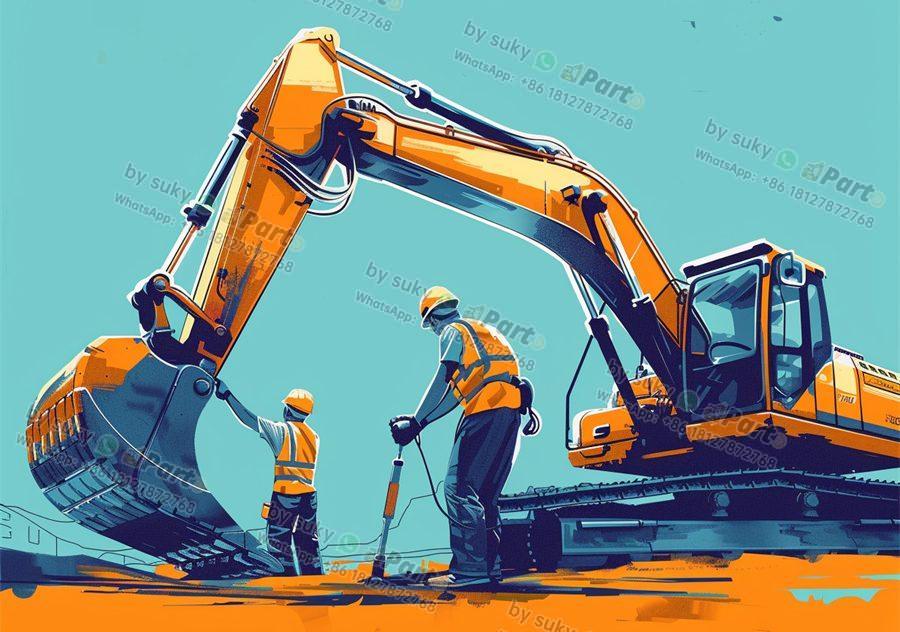Hyundai and Kia are both well-known automobile manufacturers based in South Korea. Many people might wonder if these two companies are part of the same company due to their close relationship.
Background of Hyundai and Kia
Hyundai Motor Company was founded in 1967 and is currently one of the largest automobile manufacturers in the world. Kia Motors Corporation, on the other hand, was established in 1944 and has also grown to become a prominent player in the global automotive industry. While the two companies operate independently, they are actually part of the same larger conglomerate known as the Hyundai Motor Group.
The Relationship between Hyundai and Kia
Although Hyundai and Kia are separate entities, they are both subsidiaries of the Hyundai Motor Group. This means that they share resources, technologies, and even platforms for some of their vehicles. The two brands also collaborate on research and development, production, and marketing initiatives. Despite their close ties, Hyundai and Kia maintain distinct brand identities and compete with each other in the market.
Implications for Engineering Vehicle Parts Importers and Distributors
For engineering vehicle parts importers and distributors, understanding the relationship between Hyundai and Kia can be beneficial. Since the two companies share technologies and resources, there may be opportunities to source components that are compatible with both Hyundai and Kia vehicles. This can lead to cost savings and increased efficiency in sourcing and supplying parts for various engineering vehicles.
In conclusion, Hyundai and Kia are part of the same conglomerate, the Hyundai Motor Group, but they operate as separate entities in the automotive industry. Importers and distributors of engineering vehicle parts can leverage this relationship to potentially streamline their sourcing processes. By recognizing the connections between Hyundai and Kia, businesses in this sector can better navigate the complex landscape of the automotive supply chain.

